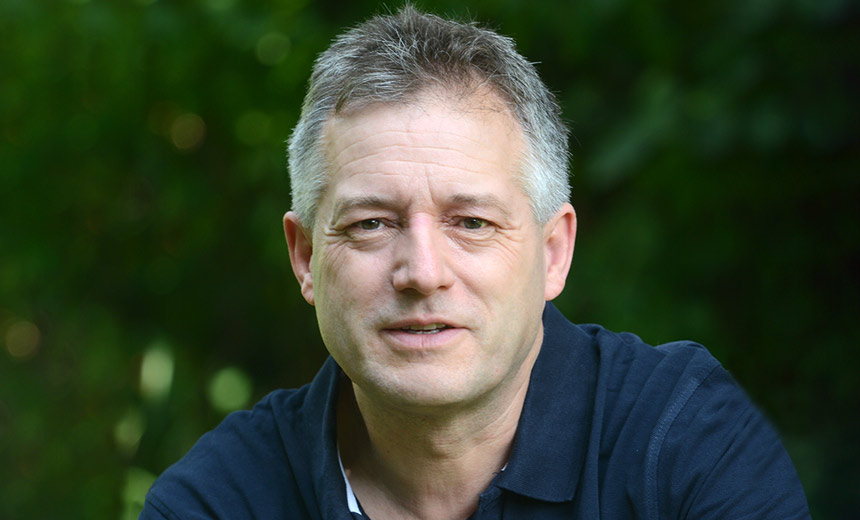Professional Certifications & Continuous Training
,
Training & Security Leadership
,
Video
Academics Map Out Holistic Cyber Education for Future Defenders in the Age of AI
Cybersecurity education can’t be built on tools alone. It must prepare students to think critically, navigate complex systems and address the human dimensions of security. That’s the vision behind “Cyber Security Foundations: Fundamentals, Technology and Society,” a new textbook co-authored by academics Keith Martin, Jassim Happa, Konstantinos Mersinas and Guido Schmitz.
See Also: Fortinet Expands FortiAI Across Security Fabric Platform
Martin, professor of information security at Royal Holloway University, said the goal of cyber education is to ground students in principles that won’t go out of date. But in an era shaped by artificial intelligence, misinformation and fragmented digital governance, education must also evolve to reflect the complexities of the real world.
“I don’t think anyone has fully thought through how this is going to affect things. AI might just be a tool for doing that. I think where these join is where we’re going to see the biggest changes … where, let’s say, the people meet the tech. I think that’s where we’re going to have to really, really rethink,” Martin said.
In a video interview with Information Security Media Group, Martin discussed:
- Why educational models must link foundational knowledge with real-world impact;
- Where current frameworks such as the U.K.’s Cyber Security Body of Knowledge succeed – and where they fall short;
- How AI changes the dynamic between human decisions and technical defenses.
In addition to serving as a professor at Royal Holloway University, Martin is director of the Engineering and Physical Sciences Research Council’s Center for Doctoral Training in Cyber Security for the Everyday.

